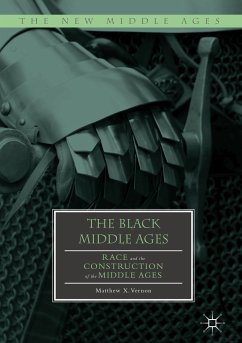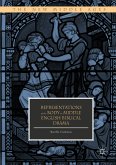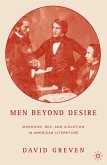The Black Middle Ages examines the influence of medieval studies on African-American thought. Matthew X. Vernon focuses on nineteenth century uses of medieval texts to structure racial identity, but also considers the flexibility of medieval narratives more broadly in the medieval period, twentieth and twenty-first centuries. This book engages disparate discourses to reassess African-American positionalities in time and space. Utilizing a transhistorical framework, Vernon reflects on medieval studies as a discipline built upon a contended set of ideologies and acts of imaginative appropriation visible within source texts and their later mobilizations.
Dieser Download kann aus rechtlichen Gründen nur mit Rechnungsadresse in A, B, BG, CY, CZ, D, DK, EW, E, FIN, F, GR, HR, H, IRL, I, LT, L, LR, M, NL, PL, P, R, S, SLO, SK ausgeliefert werden.









